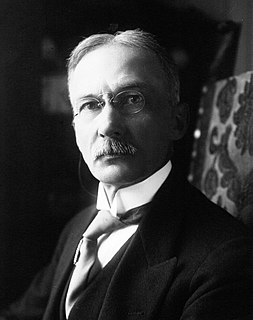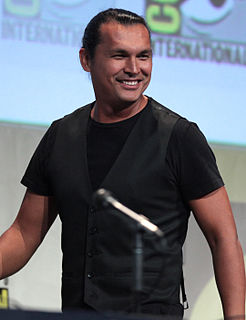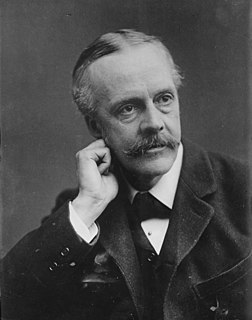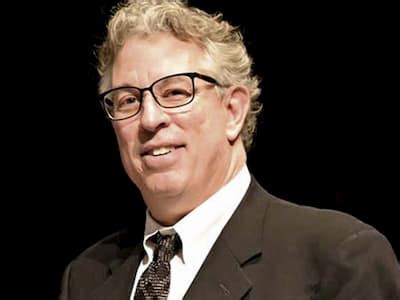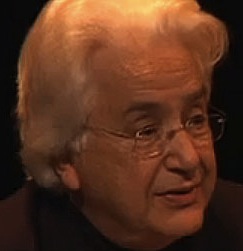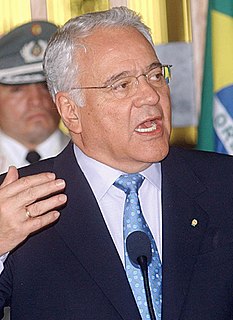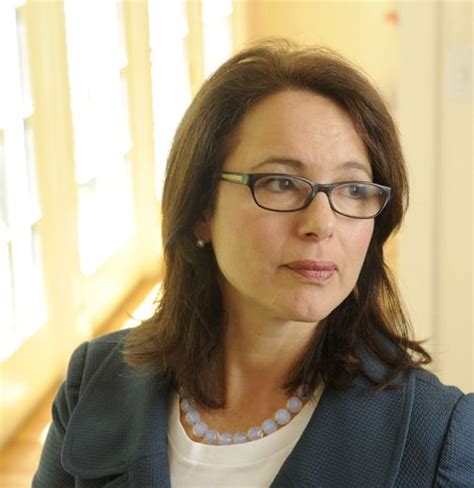A Quote by James Wolfensohn
In this time of globalization, with all its advantages, the poor are the most vulnerable to having their traditions, relationships and knowledge and skills ignored and denigrated, and experiencing development with a great sense of trauma, loss and social disconnectedness.
Related Quotes
The term "globalization," like most terms of public discourse, has two meanings: its literal meaning, and a technical sense used for doctrinal purposes. In its literal sense, "globalization" means international integration. Its strongest proponents since its origins have been the workers movements and the left , which is why unions are called "internationals", and the strongest proponents today are those who meet annually in the World Social Forum and its many regional offshoots.
We [Americans] have a historical trauma when it comes to the past relationships when it comes to Native Americans and the history of how America was created. With this film, it's nice to see that the trauma is presented from a white male that was in the Civil War and that trauma affects him in a way that still exists.
Our age gives the more receptive among the young such a sense of social responsibility that one is inclined at times to fear that social interests may encroach upon individual development, that a knowledge of all the ills affecting the community may act as too powerful a damper on the joys of youth.
William Saroyan wrote a great play on this theme, that purity of heart is the one success worth having. "In the time of your life--live!" That time is short and it doesn't return again. It is slipping away while I write this and while you read it, and the monosyllable of the clock is Loss, loss, loss, unless you devote your heart to its opposition.
But science is the great instrument of social change, all the greater because its object is not change but knowledge, and its silent appropriation of this dominant function, amid the din of political and religious strife, is the most vital of all the revolutions which have marked the development of modern civilisation.
For too long the development debate has ignored the fact that poverty tends to be characterized not only by material insufficiency but also by denial of rights. What is needed is a rights-based approach to development. Ensuring essential political, economic and social entitlements and human dignity for all people provides the rationale for policy. These are not a luxury affordable only to the rich and powerful but an indispensable component of national development efforts.
Some people's lives seem to flow in a narrative; mine had many stops and starts. That's what trauma does. It interrupts the plot. You can't process it because it doesn't fit with what came before or what comes afterward. A friend of mine, a soldier, put it this way. In most of our lives, most of the time, you have a sense of what is to come. There is a steady narrative, a feeling of "lights, camera, action" when big events are imminent. But trauma isn't like that. It just happens, and then life goes on. No one prepares you for it.


